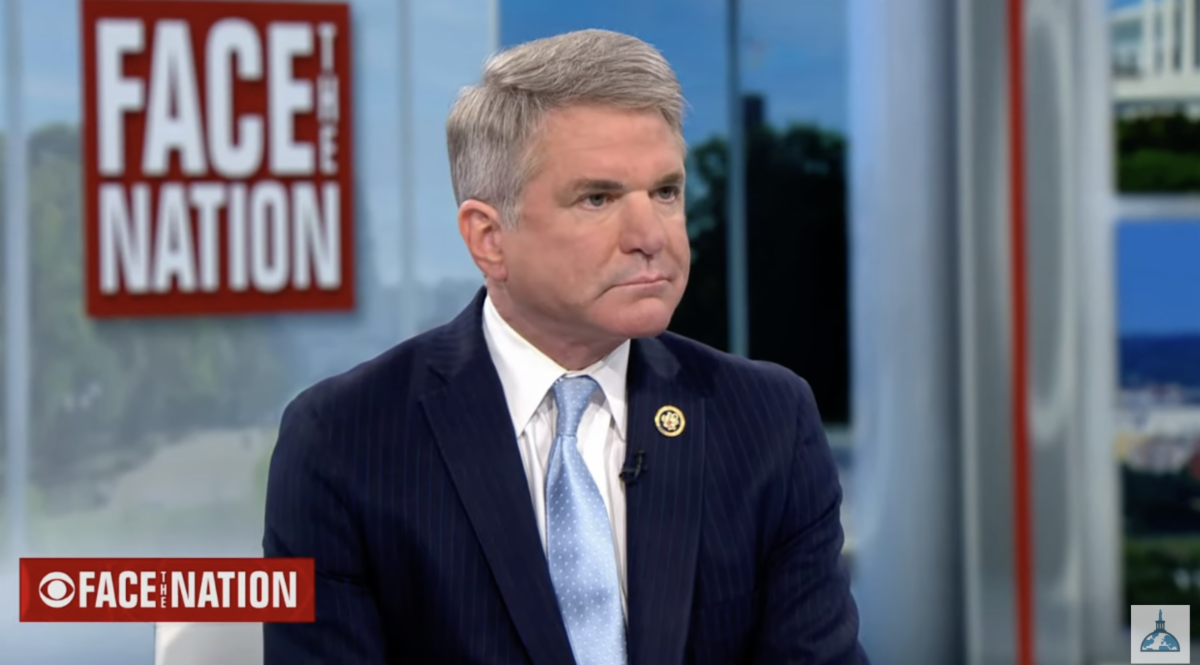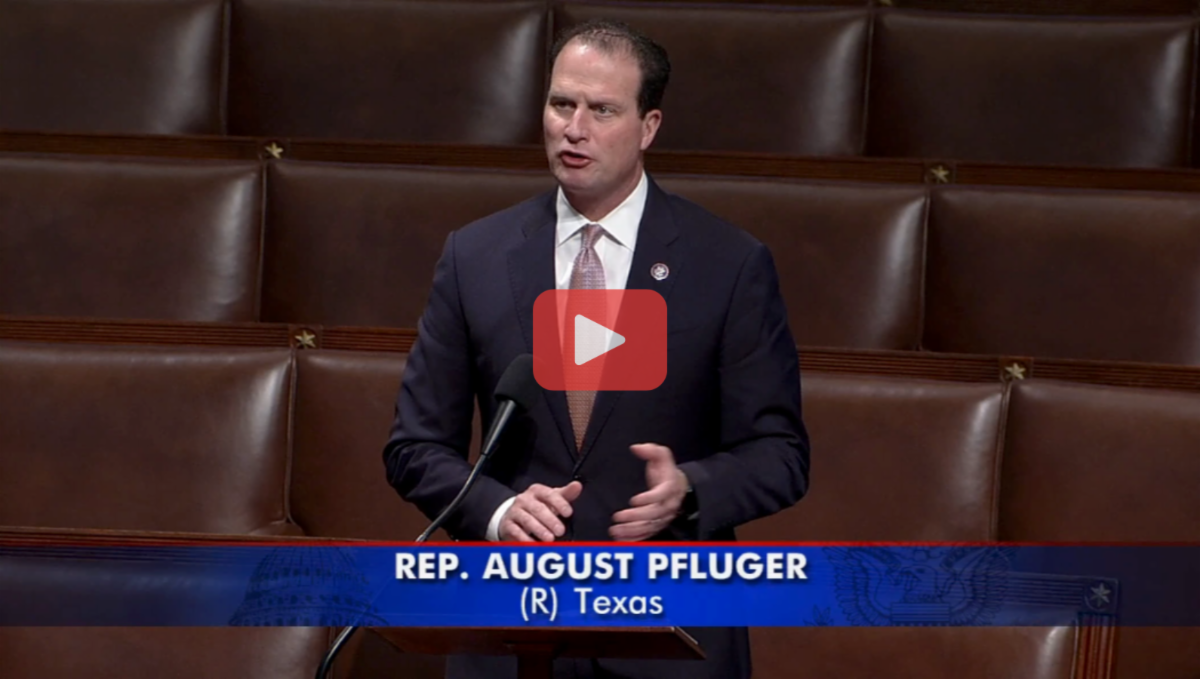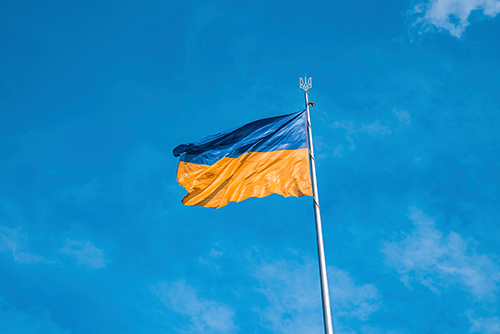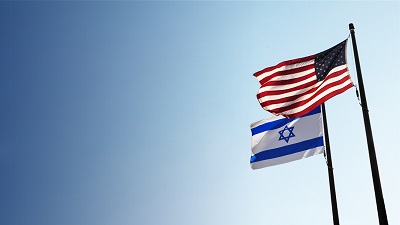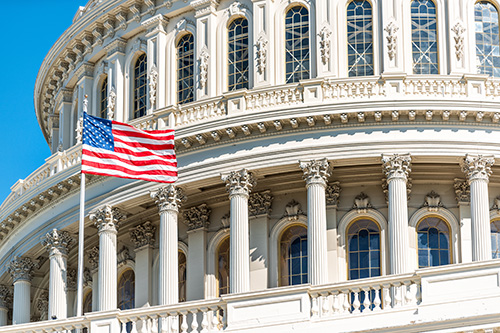The Iran Crisis - 2019 Edition
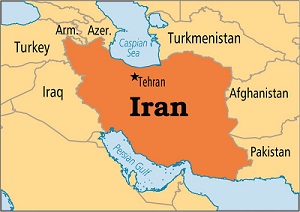 Since 1979, U.S.-Iran relations have been frayed to say the least. The overthrow of the Shah, a sort of U.S. ally, by the radical Islamic clerics was followed by the Iran hostage crisis which ultimately lost Jimmy Carter the White House.
Since 1979, U.S.-Iran relations have been frayed to say the least. The overthrow of the Shah, a sort of U.S. ally, by the radical Islamic clerics was followed by the Iran hostage crisis which ultimately lost Jimmy Carter the White House.
Iran, under the Ayatollahs is the number one sponsor of state terrorism. Among the groups they sponsor are Hezbollah in Lebanon, Hana in Gaza, the Taliban in Afghanistan, and radical militias in Iraq, Syria, Bahrain, Yemen, and the Gulf.
Through surrogates using Iran supplied weapons provided Iraqi insurgents explosively forward penetrators (EFP's) "roadside bombs" and .50 caliber sniper rifles in Iraq used to kill and maim Americans. Before that in 1996, Iran supplied the weapons to attack the Khobar Towers lodging U.S. soldiers with a loss of 19 U.S. military personnel.
In 2015-16, President Obama agreed to give away the store, among other things: Over 207 members of an alleged procurement network supplying Iran with U.S. made microelectronics with applications of surface-to-air, cruise missiles and satellites. Obama shut down the advanced investigation breaking up an international illegal drugs ring run by Hezbollah. Obama gave Iran $11.9 billion, of that amount, $1.7 billion in cash in Euros, Swiss Francs, and other currencies at the same time American hostages in Iran were released which many called a ransom.
The Obama deal was a joke in that it did not deal with terrorism, missile proliferation, and was full of loopholes. As a result, an emboldened Iran is a bigger problem than ever.
President Trump correctly canceled the deal since President Obama never bothered to get Senate confirmation of the treaty because he couldn't.
The present crisis is related to Iranian attacks on oil tankers in the Persian Gulf, which now threatens freedom of navigation.
The U.S. needs to protect freedom of navigation and by demonstrating resolve to deny Iran their terrorist goals. If it means military force, we need to back tough language with tough action.



